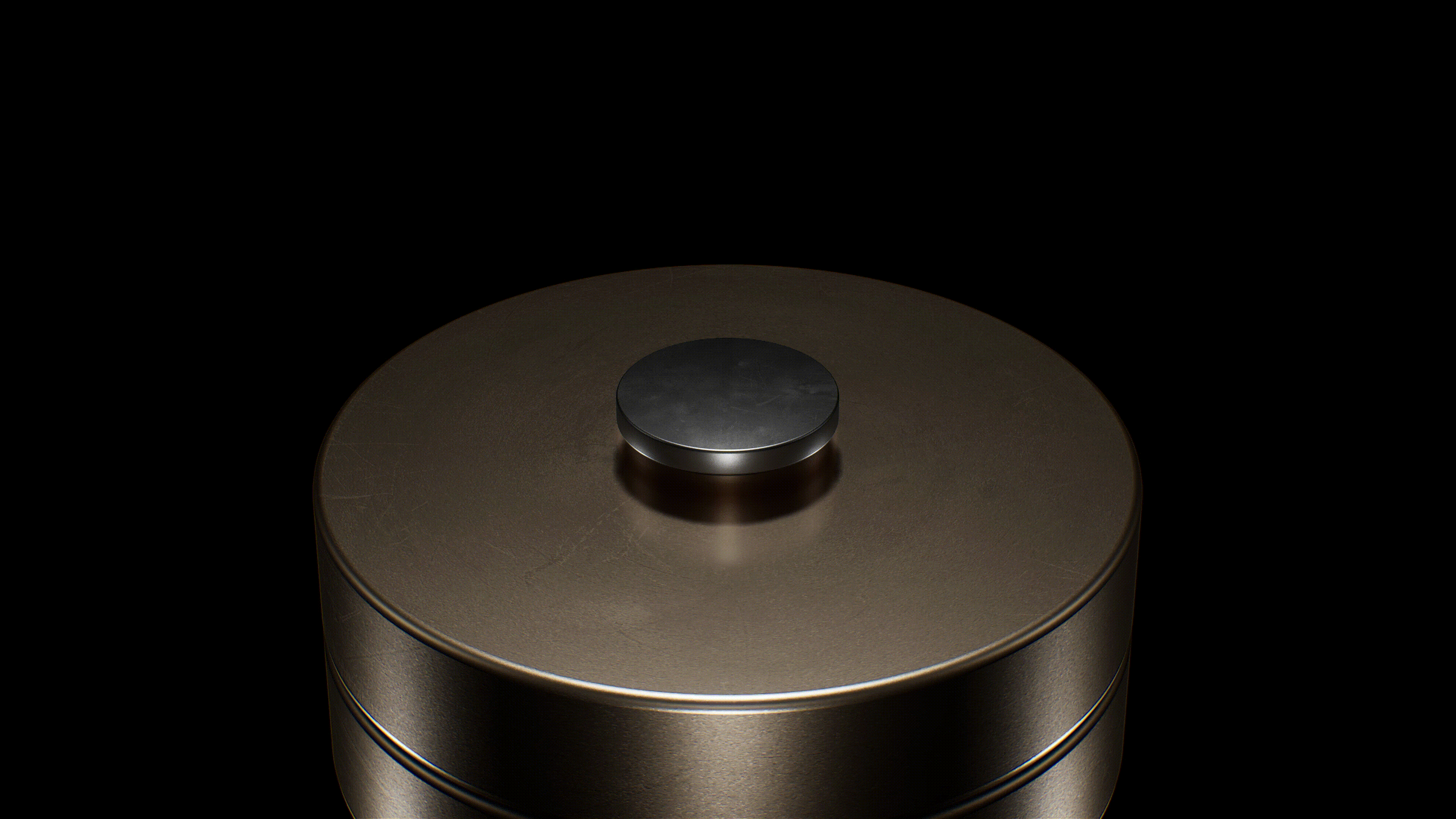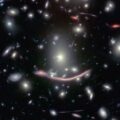The prestigious scientific journal Nature has retracted a recent study claiming a monumental breakthrough in detecting room-temperature superconductivity.
The move comes as the latest blow in the search for science’s “holy grail” and the promise of a technological revolution in energy efficiency and power transmission.
This recent attempt at demonstrating room-temperature superconductivity fell apart after most of the study’s authors said the published paper did “not accurately reflect the provenance of the investigated materials, the experimental measurements undertaken, and the data-processing protocols applied.”
The research article in question, Evidence of near-ambient superconductivity in a N-doped lutetium hydride, had been under investigation since September following allegations of data manipulation.
In a retraction notice, Nature said an investigation by the journal and post-publication review concluded that the concerns over the reliability of the electrical resistance data presented in the paper were “credible, substantial, and unresolved.”
In the paper, published in March 2023, researchers claimed they had discovered a material called nitrogen-doped lutetium hydride that exhibited superconductive properties at 21 degrees Celsius (70 degrees Fahrenheit) under extremely high pressures.
Considering the unique property of superconductors to transmit electricity without any resistance or loss of energy, attaining room-temperature superconductivity would stand as one of the most monumental technological advances ever realized.
Among many possibilities, a room-temperature superconductor could address global energy challenges, accelerate the development of scalable quantum computing, and even allow for faster and more energy-efficient travel through magnetic levitation.
However, from the onset, many experts were dubious of the researcher’s claims of having achieved room-temperature superconductivity, suggesting study authors may have manipulated the data.
“There is a lot of evidence for superconductivity here if you take it at face value,” Dr. Jorge Hirsch, a physicist at the University of California, San Diego, told Quanta Magazine. “But I do not believe any of what these authors say. I am not sold at all.”
At the center of the controversy is lead researcher and professor of physics at the University of Rochester, Dr. Ranga P. Dias.
In 2020, Dr. Dias and his team of researchers from Rochester University published a study saying they had achieved room-temperature superconductivity in carbonaceous sulfur hydride, albeit under extreme pressures.
The claims faced immediate criticism, with scientists unable to replicate the researcher’s findings and Dr. Dias refusing to provide the raw data from experiments.
The controversy culminated with Dr. Hirsch, a leading critic of Dr. Dias’ work, publishing a paper concluding the Rochester research team had fabricated the data proving room-temperature superconductivity. As a consequence, Nature retracted the study in September 2022.
Subsequently, further allegations of misconduct emerged against Dr. Dias, including claims from researchers that he plagiarized significant portions of someone else’s doctoral thesis for his own and that he falsified data from his thesis in a 2021 study that appeared in Physical Review Letters.
Physical Review Letters would eventually retract the study at the behest of nine of the ten authors of the paper.
Dr. Dias has maintained that the 2020 and 2021 studies accurately portray the researcher’s findings, attributing any errors to using Adobe Illustrator software to produce charts for the data in the papers.
“Any differences in the figure resulting from the use of Adobe Illustrator software were unintentional and not part of any effort to mislead or obstruct the peer review process,” Dr. Dias told the New York Times.
According to Nature, Dr. Dias and co-authors Nugzari Khalvashi-Sutter and Sasanka Munasinghe have yet to respond to whether they agree or disagree with this recent third retraction of a study claiming the discovery of room-temperature superconductivity.
The drama around Dias’s studies echoes a larger pattern of sensational claims and subsequent disappointments in the field of superconductivity.
Earlier this year, a claim by a South Korean team about a room-temperature superconductor named LK-99 captured the imagination of tech enthusiasts online but failed to withstand scientific scrutiny.
The recent retraction also highlights the delicate peer-review and publication process within scientific communities. As a journal with a history of prestigious publications, Nature‘s acceptance of Dias’s subsequent paper, despite the controversies surrounding his previous work, has raised eyebrows and questions about the diligence of the review process.
“[I] expected it would happen. I found it really strange that Nature would accept a paper without asking for more explanation about the first [retracted] paper,” Dr. Hirsch told Chemistry World.
The quest for room-temperature superconductivity will continue, with scientists hoping that future claims of discovery science’s “holy grail” will be able to stand the test of scientific rigor and verifiability.
But for now, this recent saga underscores the importance of rigorous scientific verification and the potential pitfalls of sensationalism.
Tim McMillan is a retired law enforcement executive, investigative reporter and co-founder of The Debrief. His writing covers defense, national security, and the Intelligence Community. You can follow Tim on Twitter: @LtTimMcMillan. Tim can be reached by email: tim@thedebrief.org or through encrypted email: LtTimMcMillan@protonmail.com

